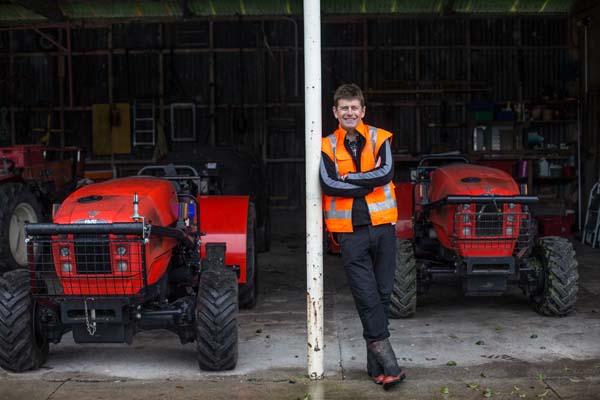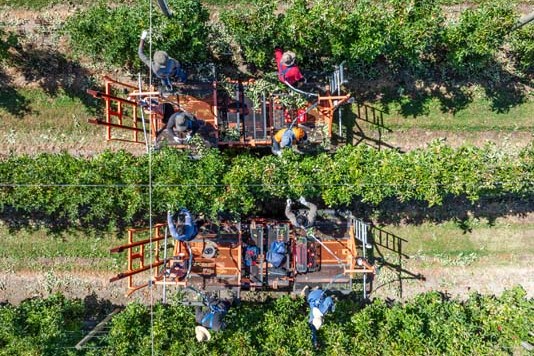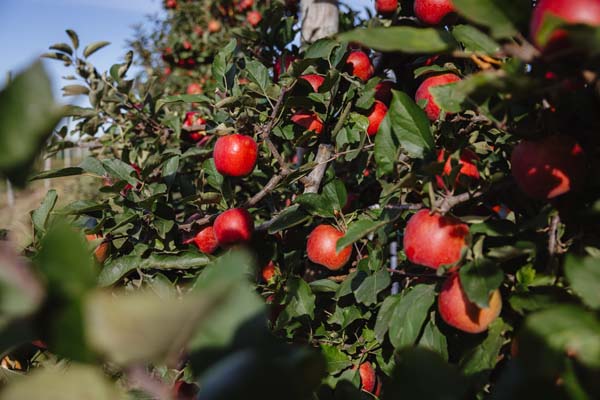To be regenerative: Verb not a noun
MPI chief science advisor Dr John Roche says researching regenerative agriculture is about
testing what works for New Zealand farmers. Anne Lee reports.
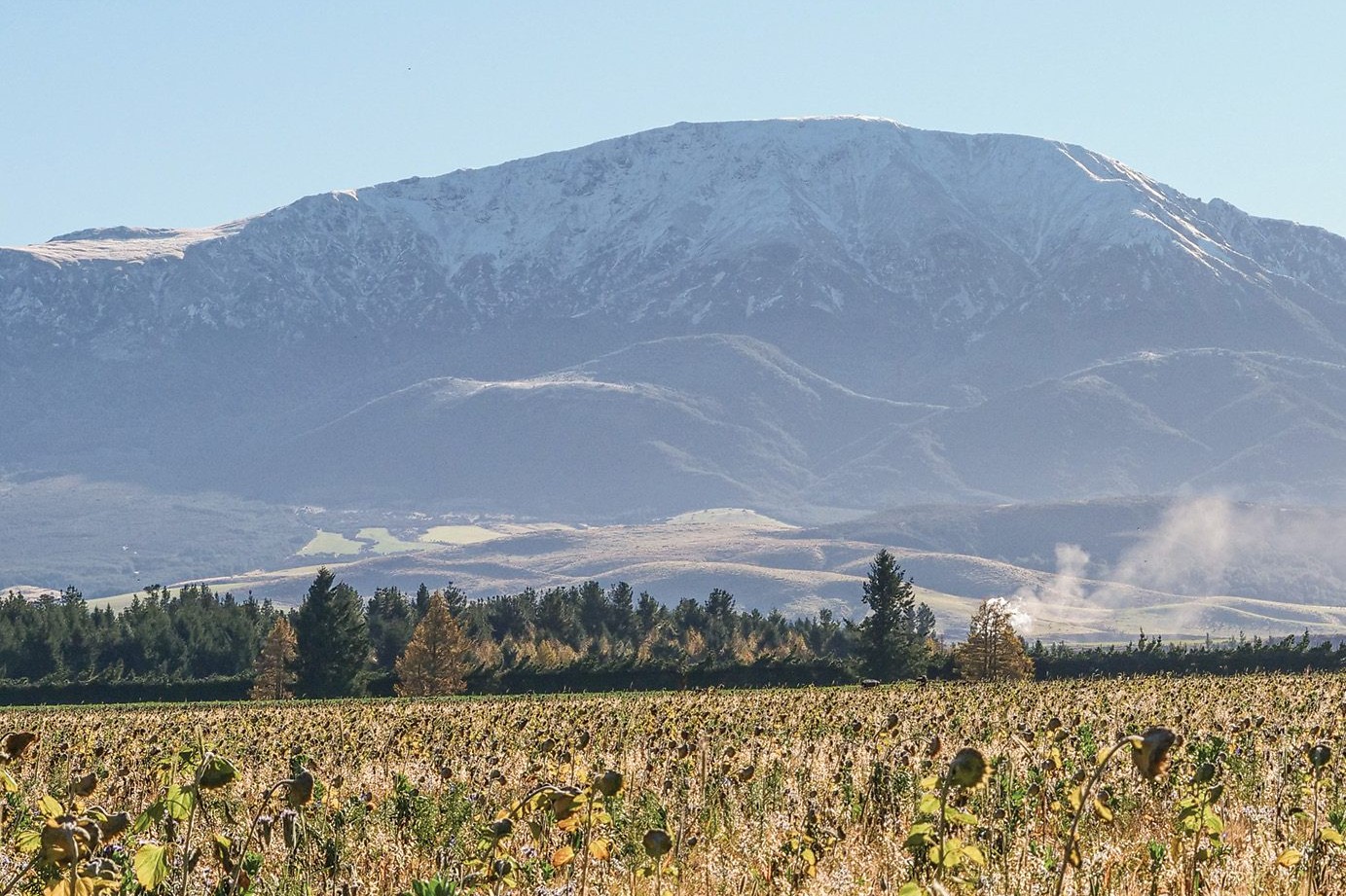
The Ministry for Primary Industries (MPI) chief science advisor Dr John Roche says MPI’s call for project submissions on researching regenerative agricultural practices is not about funding a fad.
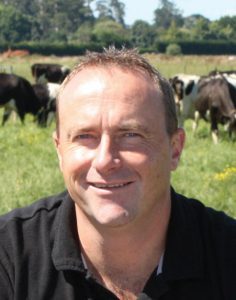
Late last year MPI said funding applications were open through the Sustainable Food and Fibres Futures co-investment fund for projects that could develop sound, evidence-based research to test and confirm what works in New Zealand soils, climates and farming systems.
“We’re very clear – we’re not looking to support or fund a fad.
“Over the last 100 years we’ve had farmer-led innovation and scientists have worked hand in glove with farmers to refine, understand and develop those innovations.
“What’s disappointing to me in the discussion and debate around regenerative agriculture is that we’ve seen some scientists stepping out of the discussions, not being prepared to look further at this, when actually we need them engaged.”
Some questions on regenerative practices may be answered by research that’s already been done but there were still questions that needed answering with new research.
“Some practices being considered won’t stand the scrutiny of scientific investigation but we want to marshal the research so we know what practices are true and have positive outcomes in our situation and which ones don’t.”
Evidence from funded research needs to be:
- Measurable
- Quantifiable
- Easily understood
- Shared freely.
Proposals for two studies are about to be announced – one on incorporating biodiversity into productive land and one on farm systems more able to withstand drought. Many more proposals are being processed.
An MPI Technical Advisory Group (TAG) for regenerative agriculture includes about 25 people. They met earlier this year to agree on a vision rather than definition, discuss key principles and both the technical and social outcomes regenerative agriculture should strive to achieve.
Both MPI and the Primary Sector Council have recognised regenerative agriculture in the “Fit for a Better World” vision for the primary sector.
It includes the Te Taiao report which outlines a four-year programme of actions relating to improving on farm practices for better environmental outcomes as well as outcomes for animals, communities and economic resilience.
The overarching aim is to keep making those improvements but also to position NZ’s primary sector and exports as world leading to enable greater returns from increasingly discerning consumers.
“We know there are consumers out there willing to pay more for regeneratively produced produce but we also know they don’t exactly know what that means.”
“Let’s take our story to the market.”
John says the concept of Taiao – look after the natural world and it will look after us – is at the heart of primary sector strategies and regenerative agriculture principles sit well alongside that.
There’s an acceptance that regenerative agriculture isn’t a prescriptive set of inputs or practices as it is for organic agriculture and the aim is to keep it that way, John says.
It’s more outcomes focused and should be viewed as a verb rather than a noun, he says.
Regenerative agriculture practices
There is a whole suite of practices which are regenerating, improving the system across a wide range of outcomes.
So practices that are, for example, improving moisture holding capacity of the soil or lowering nitrogen loss can all be called regenerative.
“The important thing here is it doesn’t mean that just because you’re not using a specific practice, sometimes associated with regenerative agriculture overseas, that you’re degenerative.”
Farmers sit on a continuum for a whole range of outcomes and have priorities depending on where they sit.
“Being regenerative doesn’t mean turning your back on conventional practices either.
“We have to get past the issues some people have with the word regenerative.”
John’s science career in the dairy sector saw him champion NZ’s ryegrass-white clover pasture-based system and loudly decry practices and products that weren’t science based and cost farmers money.
“The regenerative narrative we have here, isn’t at odds with that at all.
“We want evidence-based practices, innovation and continuous improvement across the whole spectrum of soils, animals, environment, people’s wellbeing and profitability.
“Over the years NZ farmers have been the ones to work out ways to get through challenges, they’ve been the ones to come up with step-change innovations and this is a very farmer driven movement.”
“We have to make sure the research is there to support the right practices that achieve the outcomes we’re all looking for.”
The vision for regenerating Aotearoa
Primary sector principles and practices that in isolation or collectively can:
- Achieve improved outcomes for our productive landscapes, rivers, coastal and marine environments, biodiversity and natural ecosystems and animal welfare.
- Promote health and wellbeing for humans.
- Ensure we can grow and consume our food and fibre products sustainably
MPI technical advisory group 2021



